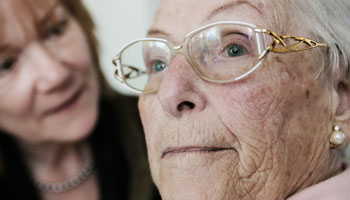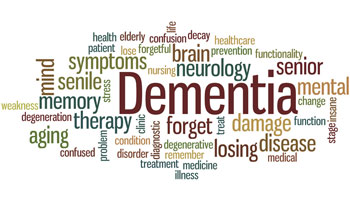Geriatric Assessment

Geriatric assessment should be considered any time an elderly person experiences cognitive changes. The assessment usually includes evaluation of both capacity issues and memory as well as the possible contribution of medical conditions. A referral for a neuropsychological evaluation is appropriate when there is any question about a person's cognitive functioning. Medical consultation is usually part of the assessment process because many individuals are taking numerous medications that have an impact on cognition. These medications and possible medication interactions need to be considered, in the context of the patient’s presentation. Administration of a quantitative electroencephalogram (QEEG) may also be valuable in understanding the individual’s functional status.
Some common complaints that might signal the need for an assessment include:
- memory problems for recent events
- losing items frequently
- confusion
- unexplained changes in personality
- poor decision-making
- deterioration in personal hygiene
- unexplained physical complaints
- inability to manage finances
- failure to recognise familiar persons
- difficulty with language such as word-finding
- decreased ability to pay attention or concentrate

To learn more about assessment of Memory & Capacity/Competency, click here.
To learn more about assessment of Attention & Learning, click here.
To learn more about QEEG, click here.
To learn more about Neurotherapy, click here.